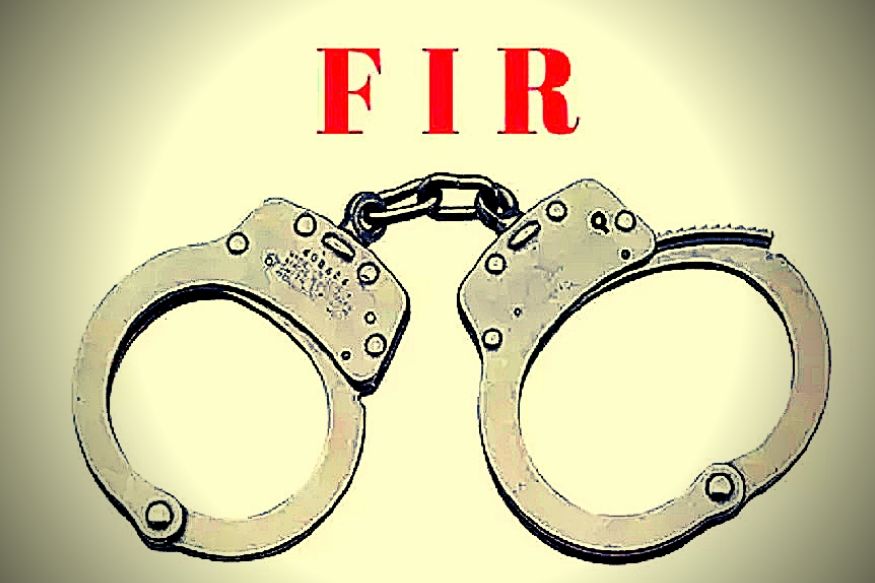Before any criminal proceedings can take place to try the case, the most crucial step is the FIR. However the court has the power quash such FIR if it deems fit. This was held in the judgment passed by a single-bench judge comprising HON’BLE MR. JUSTICE SANJAY DHAR, JUDGE, in the SHOWKAT HUSSAIN KOUL V. STATE OF J&K & OTHERS. (CRMC No.260/2018), dealt with an issue where the petitioner filed for challenging FIR No.05/2016 for offences under Section 5(1)(d) r/w 5(2) and Section 4A of J&K Prevention of Corruption Act.
As per the terms of the agreement pertaining to the allotment of contract, the work was to be executed and completed within a period of 18 months. It appears that the work could not be completed by the contractor i.e., the complainant, within the stipulated time and he could not do so even within the extended period of time. There were contradictory versions with regard to reasons for non-completion of work. The complainant alleged that there was some dispute going on between the land owners and the Government with regard to payment of compensation which prevented him from completing the work within the stipulated period whereas the Chief Engineer and the Executive Engineer claimed that the delay in progress of work is wholly attributable to the complainant-contractor.
Ultimately, the contract came to be cancelled. This was done on the basis of recommendations of the Executive Engineer, PMGSY, Division Uri-the petitioner herein, who happens to be the accused in the impugned FIR. The termination order and the subsequent allotment of balance work was challenged by the complainant.
The petitioner has challenged the impugned FIR on the grounds that the contents of the same do not disclose commission of any offence by the petitioner; that the allegations made in the impugned FIR are an afterthought, inasmuch as the complainant has not made any allegation of mala fides or bribery against the petitioner in his writ petition.
The respondents claimed that during the investigation of the case, the allegations made in the complaint stand corroborated by the statements of witnesses recorded under Section 161 of Cr. P. C. On these grounds, it is urged that investigation in the case needs to be brought to its logical conclusion and that the same cannot be scuttled at its infancy.
After hearing both the parties, the Hon’ble Srinagar High Court allowed the petition and held that it is clear that where the complaint is frivolous, vexatious or oppressive, the High Court would be well within its jurisdiction to quash the criminal proceedings. As already noted, the sequence of events in which the complainant has set the criminal law into motion against the petitioner in this case clearly indicates that his only motive is to take revenge against the petitioner who has been instrumental in recommending termination of his contract.


